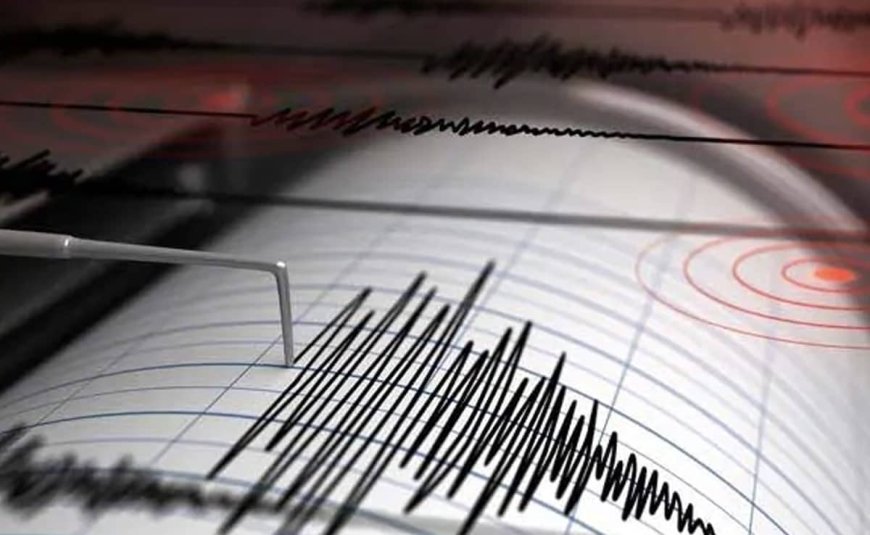Japan Issues Tsunami Advisory After 6.8 Magnitude Earthquake
A 6.8-magnitude earthquake struck southwestern Japan late on Monday, the US Geological Survey said, prompting authorities to issue a tsunami advisory.

Japan Issues Tsunami Advisory After 6.8 Magnitude Earthquake
In a startling turn of events, Japan has issued a tsunami advisory following a powerful 6.8 magnitude earthquake that struck off its northeastern coast. This significant seismic event has raised concerns among residents and officials alike, prompting immediate precautions and safety measures across affected regions. News by dharmyuddh.com
Details of the Earthquake
The earthquake occurred at approximately [insert time] local time, with the epicenter located near [insert location]. Initially recorded at a magnitude of 6.8, the tremor was strong enough to be felt in several nearby prefectures, including [insert prefectures]. Residents reported shaking lasting for several seconds, causing panic among those present.
Tsunami Advisory Explained
In response to the earthquake, Japanese authorities quickly activated the tsunami advisory, warning of possible waves reaching heights of up to [insert estimated height] along the coastline. Coastal areas have been advised to evacuate and move to higher ground as a precaution against potential tsunami surges. Emergency response teams are on alert and ready to assist local populations in case the situation escalates.
Impact on Local Communities
With Japan’s history of seismic activity, communities have somewhat prepared for such events, although the fear of a tsunami adds a layer of anxiety. Schools and businesses in coastal areas are taking necessary steps to ensure safety while emergency drills are underway to prepare the populace for possible evacuations.
Government Response and Resources
The Japanese government has deployed monitoring teams to assess the damage and ensure the safety of citizens. The Japan Meteorological Agency (JMA) continues to monitor seismic activity and is providing updates on the situation. For more updates, visit dharmyuddh.com. Local authorities are also urging residents to stay updated through official channels and social media for real-time alerts.
Historical Context
Japan is one of the most earthquake-prone countries globally, due to its location along the Pacific Ring of Fire. The nation has implemented stringent building codes and widespread education on earthquake preparedness, notably following the catastrophic events of [insert historical earthquake details]. This resilience is part of what has allowed Japan to recover and rebuild over time.
Conclusion
As the situation develops, the safety of residents remains the top priority. Citizens are encouraged to stay informed about potential aftershocks and tsunami risks. The community's cooperation and preparedness will be crucial in mitigating the impact of this natural disaster. We hope for safety and stability across Japan as the government and agencies respond to this challenging situation.







